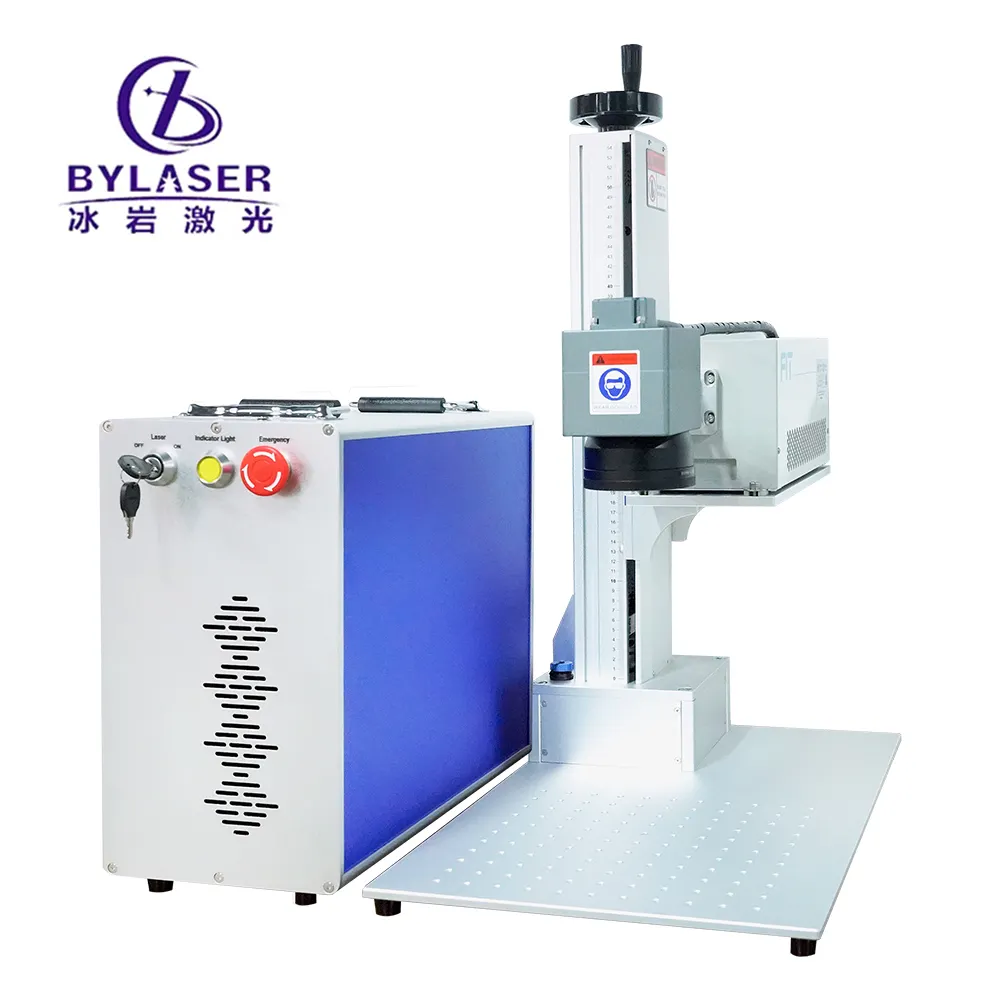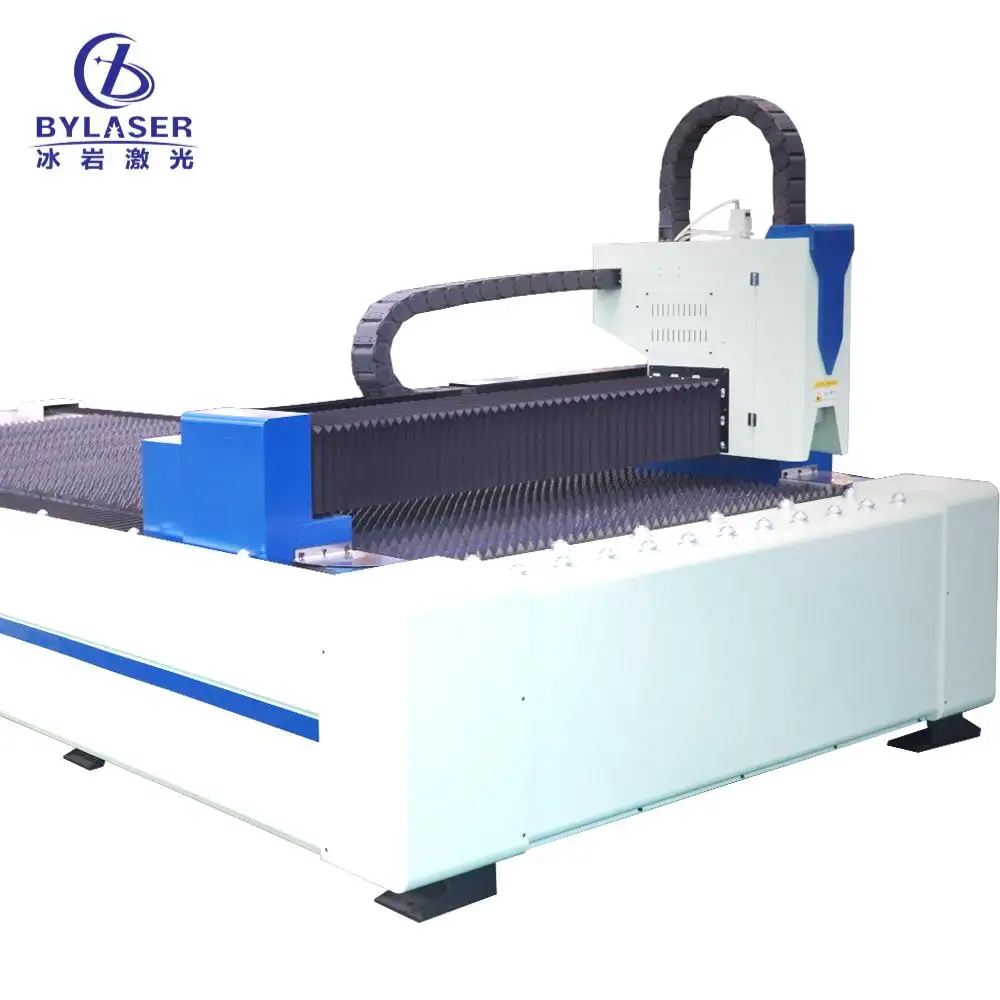welding laser machine
A welding laser machine represents cutting-edge technology in modern manufacturing, combining precision optics with advanced control systems to deliver exceptional welding results. This sophisticated equipment utilizes concentrated laser beams to create precise, high-strength welds across various materials. The machine operates by generating a powerful laser beam that's focused through specialized optics, creating a concentrated heat source capable of melting and fusing materials at the molecular level. Modern welding laser machines incorporate advanced features such as real-time monitoring systems, automated positioning controls, and programmable weld patterns. They excel in both continuous and spot welding applications, offering versatility across industries including automotive manufacturing, aerospace, electronics, and medical device production. The system's computer-controlled interface allows operators to fine-tune parameters such as power output, pulse duration, and beam focus, ensuring optimal weld quality for different material combinations and thicknesses. These machines can handle various materials including steel, aluminum, titanium, and specialized alloys, making them indispensable in high-precision manufacturing environments. The integration of smart sensors and quality control systems ensures consistent weld quality while minimizing material waste and reducing production time.


